02Jun
Protecting NZ piggeries
Words supplied by NZPork
Pork farming is a relatively small industry in New Zealand – but with consumption growing dramatically in the country, it’s a significant one.
On average, Kiwis eat 23.46kg of pork per capita each year – 8.81kg of NZ-produced pork and 14.65kg of imported meat.
Imported meat is one of the factors that requires exceptional biosecurity measures in the sector – not least to keep the outbreak of highly-contagious African Swine Fever clear of our borders.
“The New Zealand pork industry is very high health compared to other pig industries internationally,” says Eric Neumann, Adjunct Associate Professor in Veterinary Epidemiology at Massey University and a consultant to industry body New Zealand Pork.
“There’s a high cost of production here, so keeping New Zealand disease-free is critical.
“There’s a lot of discussion between the pig industry and MPI to establish appropriate restrictions on imported goods that may harbour disease agents. There are different levels of risk. For instance, animal products such as fresh pork coming into the country may carry with them a risk of animal disease.”
Commercial pig farmers are encouraged to take stringent measures around movement of animals, people and vehicles.
“When farmers go overseas, they often visit other farms or livestock expos,” says Dr Neumann. “We encourage people to avoid contact with pigs overseas and when they return to their own farm, avoid contact with their pigs for several days to ensure they don’t put their animals at risk of an exotic disease.”
New Zealand Pork director Jason Palmer is co-owner of a Canterbury farrow to finish operation. All stock was replaced with high health animals when he bought into the business.
“The higher the health, the better the animal’s performance,” he says. “That’s a key component of good pig management. It’s essential to buy pigs from a supplier with very high health standards.
“Pigs, people and transport are the three vectors likely to carry disease. Everyone who comes onto our piggery has to shower and completely change all clothes and footwear. Wherever possible, nothing comes beyond the perimeter fence. All transport trucks stay outside. Not every piggery has that level of biosecurity protocol but more are moving towards it.”
While NZPork can help promote biosecurity on the approximately 100 commercial NZ pig farming operations, no equivalent group has a mandate to look after pig health and biosecurity on the estimated six to eight-thousand other farms and lifestyle blocks that also keep small numbers of pigs – so the message about on-farm biosecurity needs to spread beyond the commercial farming sector.
“It’s important that people keeping a few pigs are aware of the risks,” says Mr Neumann.
“There is no requirement for premises registration nor any mandated traceability programme for non-commercial properties that keep pigs. For farms that have only a few pigs, contact with a vet who is familiar with pig diseases may be infrequent, so issues may not be picked up quickly.
“Anyone keeping pigs should be aware that disease-causing viruses can come into New Zealand on imported pigmeat. It’s illegal to feed any pigs waste food containing meat products or food that has come into contact with meat unless it has been heated to 100 degrees Celsius for one hour.”
For details on treating waste food for pigs, see mpi.govt.nz. If you notice any unusual symptoms about animals, report it to your vet or MPI’s pest and disease hotline on 0800 809 966.
Related
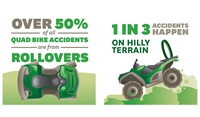
The versatility of quad bikes makes them a popular choice on farm. However, the fact that they are s...
Read More
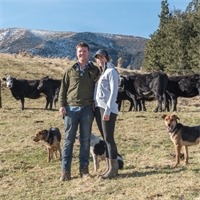
It has been a circuit through the wide-open spaces and high-country expanses that led Brett Harmer a...
Read More

Neil Bateup, has witnessed some drastic changes to his rural community over the past 30 years, chang...
Read More
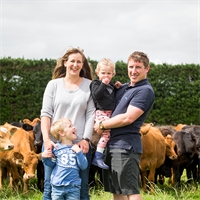
New to the Ruralco Board is chartered accountant and farmer Rhea Booker. Originally hailing from Wai...
Read More
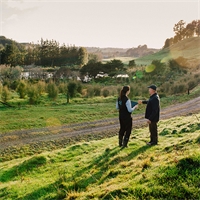
A cutting-edge software tool is helping farmers reduce losses.
Read More
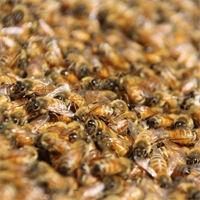
Anyone with even a passing interest in agriculture and food will be familiar with the dire stories a...
Read More